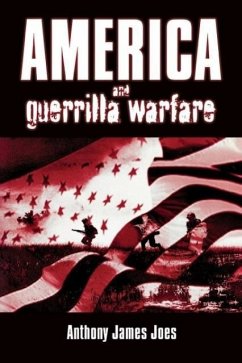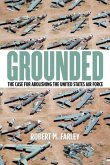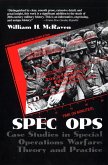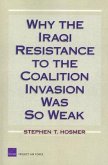" Click here to read a chapter from this book A Choice Outstanding Academic Title for 2002 From South Carolina to South Vietnam, America's two hundred-year involvement in guerrilla warfare has been extensive and varied. America and Guerrilla Warfare analyzes conflicts in which Americans have participated in the role of, on the side of, or in opposition to guerrilla forces, providing a broad comparative and historical perspective on these types of engagements. Anthony James Joes examines nine case studies, ranging from the role of Francis Marion, the Swamp Fox, in driving Cornwallis to Yorktown and eventual surrender to the U.S. support of Afghan rebels that hastened the collapse of the Soviet Empire. He analyzes the origins of each conflict, traces American involvement, and seeks patterns and deviations. Studying numerous campaigns, including ones staged by Confederate units during the Civil War, Joes reveals the combination of elements that can lead a nation to success in guerrilla warfare or doom it to failure. In a controversial interpretation, he suggests that valuable lessons were forgotten or ignored in Southeast Asia. The American experience in Vietnam was a debacle but, according to Joes, profoundly atypical of the country's overall experience with guerrilla warfare. He examines several twentieth-century conflicts that should have better prepared the country for Vietnam: the Philippines after 1898, Nicaragua in the 1920s, Greece in the late 1940s, and the Philippines again during the Huk War of 1946-1954. Later, during the long Salvadoran conflict of the 1980s, American leaders seemed to recall what they had learned from their experiences with this type of warfare. Guerrilla insurgencies did not end with the Cold War. As America faces recurring crises in the Balkans, sub-Saharan Africa, the Middle East, and possibly Asia, a comprehensive analysis of past guerrilla engagements is essential for today's policymakers.
Hinweis: Dieser Artikel kann nur an eine deutsche Lieferadresse ausgeliefert werden.
Hinweis: Dieser Artikel kann nur an eine deutsche Lieferadresse ausgeliefert werden.








